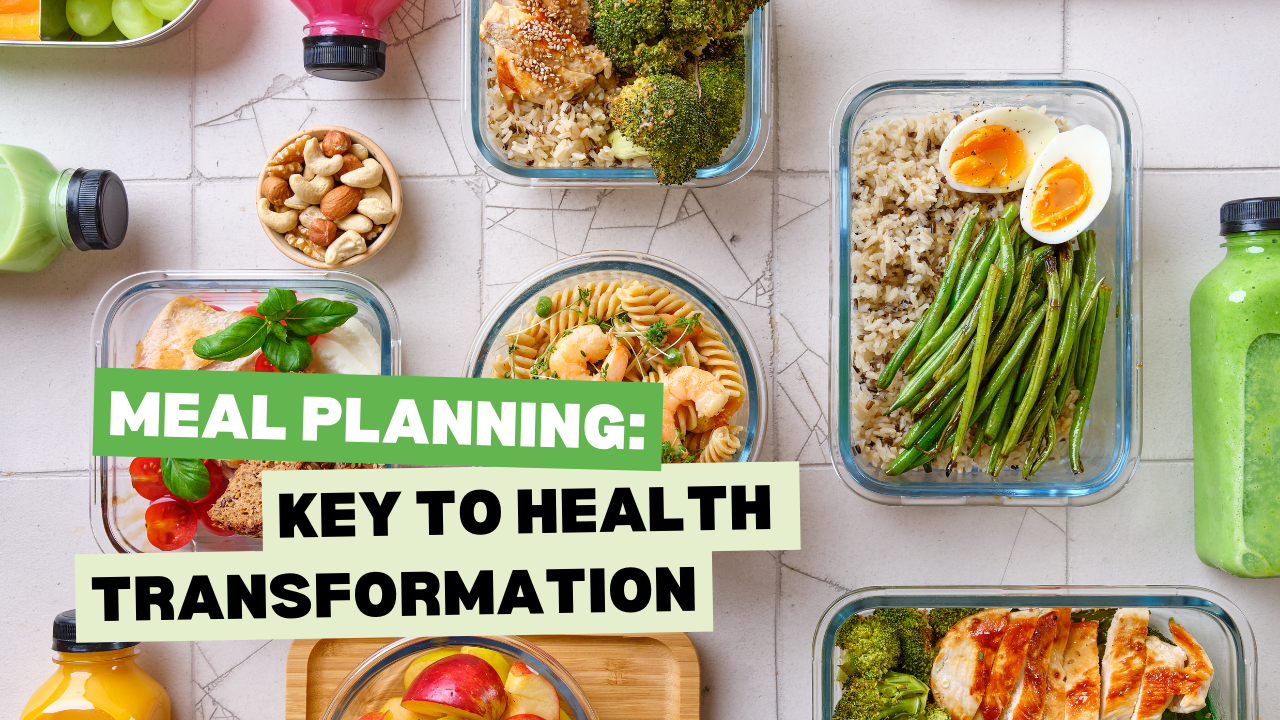

Welcome to Diet Yumm, where we believe that a well-planned diet can truly transform your health and well-being. As a professional dietitian, I have had the privilege of working with numerous clients who struggle with implementing the suggestions provided by health professionals. Through my experience, I have discovered that meal planning and prepping are the missing links that can bridge the gap between intention and action. Today, we delve into the world of meal planning, exploring its benefits, challenges, and the science behind its effectiveness.
Meal planning is the process of intentionally organizing and preparing meals in advance. It involves creating a structured approach to your weekly or monthly eating habits, considering nutrient requirements, dietary preferences, and health goals. By taking the time to plan meals, you can save yourself from the stress of last-minute decisions and temptations.
Research supports the positive impact of meal planning on various aspects of health. A study published in the International Journal of Behavioral Nutrition and Physical Activity found that individuals who engaged in regular meal planning had a higher overall diet quality, consumed fewer calories, and had a lower risk of obesity. Meal planning has also been associated with improved blood sugar control in individuals with diabetes, leading to better management of the condition.
Moreover, meal planning can enhance your budget management skills. According to a survey conducted by the American Dietetic Association, individuals who planned their meals were more likely to have lower grocery bills and less food waste. By strategically planning your meals, you can optimize grocery shopping, reduce food waste, and potentially save money in the long run.
While meal planning offers numerous benefits, it’s important to acknowledge the challenges that may arise:
1. Time constraints: Many individuals feel overwhelmed by the perceived time commitment required for meal planning. However, the initial investment of time is a wise investment in your health. Start small by planning a few meals and gradually increase your planning capacity as you become more comfortable with the process. Utilize online resources, meal planning apps, and cookbooks that provide quick and easy recipes to save time.
2. Lack of creativity: Some people worry that meal planning might limit their culinary creativity. However, with a little research and experimentation, you can discover new recipes, flavors, and combinations that excite your taste buds and keep you motivated. Explore different cuisines, experiment with herbs and spices, and try new cooking techniques to add variety to your meals.
3. Dietary restrictions: If you have specific dietary needs or restrictions, meal planning can seem daunting. However, consulting with a registered dietitian can help you create personalized meal plans that meet your nutritional requirements while still being delicious and satisfying. They can provide guidance on suitable ingredient substitutions, alternative cooking methods, and ways to ensure balanced nutrition within your dietary restrictions.
At Diet Yumm, we firmly believe in the power of meal planning and prepping. Through sharing my experiences and incorporating scientific research, we have explored the benefits and challenges of meal planning. By investing time and effort in meal planning, you can experience improved diet quality, better portion control, and reduced reliance on unhealthy choices. Remember, “If you plan right, you never go wrong.” Start your journey to a healthier, happier you today by harnessing the power of meal planning. With dedication, creativity, and support from professionals, you can transform your relationship with food and embrace a sustainable and nourishing way of eating.
Love Purva!!

Purva Gulyani – an Accredited Practising Dietitian and lifelong member of the Indian Dietitian Association. Currently pursuing PhD at Latrobe University. Purva brings over 16+ years of clinical dietitian experience to the table.




Commence your transformative journey to wellbeing today, taking the initial stride towards a healthier, happier you. Embrace constructive alterations that lead to a brighter and more vibrant future.
